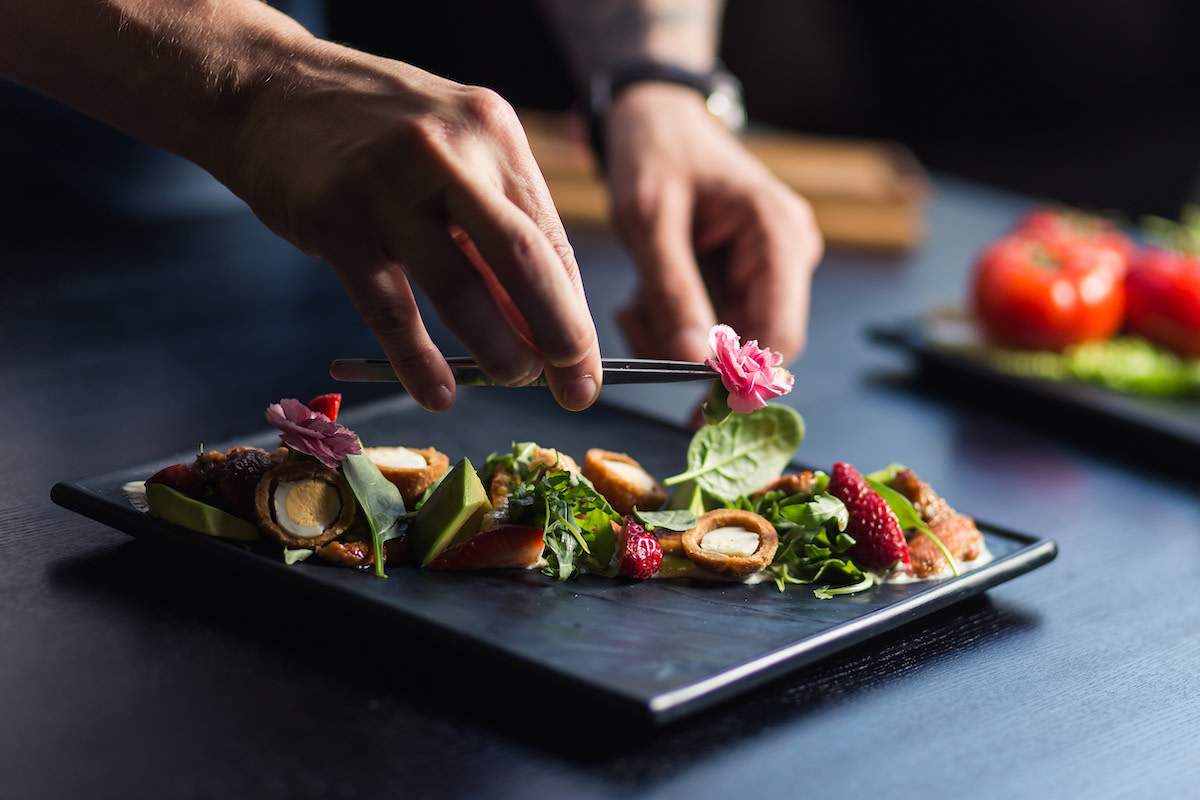Executive Chef: Inside the Role of Executive Chef
Written by MasterClass
Last updated: Jun 7, 2021 • 2 min read
Part creative visionary, part kitchen manager, accountant, and custodian, all roads in a restaurant kitchen lead to the executive chef.
Learn From the Best
What Is an Executive Chef?
An executive chef is the head chef in the kitchen brigade system (brigade de cuisine), a hierarchical system that delineates responsibility for each station in a professional kitchen. The system is attributed to Georges Auguste Escoffier, the father of haute cuisine and modern French cooking. Escoffier first instituted it in the kitchen at London’s Savoy Hotel in the late nineteenth-century. This role is responsible for managing daily operations, overseeing the kitchen staff, fostering relationships with suppliers, and planning the daily menu. In a smaller professional kitchen, the executive chef can also be known as the chef de cuisine.
What Is the Role of an Executive Chef?
As the full-time representative of the entire kitchen, an executive chef’s roles can be quite extensive. Common duties include:
- Manage day-to-day kitchen operations, including sanitation requirements and maintenance of kitchen equipment
- Menu planning and creation of new recipes with chef de cuisine or sous chef, in communication with the head cooks (chefs de partie), such as the pastry chef
- Execute the menu (by overseeing a chef de partie, or station chef, for example) and work any station on the line
- Hiring and management of kitchen staff alongside general manager
- Training line cooks and other team members
- Overseeing food preparation and ensuring cost control through supplier relationships and inventory
- Maintain relationships with suppliers
What Skills Do You Need to Become an Executive Chef?
According to the American Culinary Federation, you need the following qualifications and skills to become an executive chef:
- Certification: To become an executive chef, you’ll typically need a high school diploma or equivalent (GED) or a degree in culinary arts. This position may also require the completion of courses in nutrition, food safety, and supervisory management.
- Experience: Restaurants may also require candidates to have at least three years’ experience managing shifts or stations (with at least two full-time employees) in a food service establishment. Once installed in a kitchen, a successful executive chef must employ leadership and communication skills to keep the operation running smoothly.
- Management skills: Running a busy kitchen requires good communication and strong leadership skills. During a hectic dining service, the head chef sets the tone for the staff, so they must expedite service calmly, no matter what curveballs are thrown their way.
What Is the Difference Between an Executive Chef and a Chef de Cuisine?
There is one key distinction between an executive chef and a chef de cuisine: kitchen size. Depending on the kitchen’s size, the head chef may be known as either the executive chef or chef de cuisine. In larger kitchens, like those in hotels, resorts, or restaurant groups, an executive chef is responsible for consistency and quality across all properties. In this case, a chef de cuisine would be in charge of a specific kitchen but still report to the executive chef.
A chef de cuisine and an executive chef can be synonymous positions in smaller operations, with a sous chef acting as second-in-command. Sometimes, the executive chef is a chef-owner in charge of administrative tasks, such as budgeting and overall vision. In this instance, the chef de cuisine is in charge of carrying out the day-to-day kitchen operations.
Want to Learn More About Cooking?
Become a better chef with the MasterClass Annual Membership. Gain access to exclusive video lessons taught by the world’s best, including Gordon Ramsay, Gabriela Cámara, Chef Thomas Keller, Dominique Ansel, Yotam Ottolenghi, Alice Waters, and more.
